5 years of Memory Project has made life here better
Five years after its establishment, the Fox Valley Memory Project has made a difference in the options available for people suffering memory loss and their caretakers, and also in how the community accepts them.
That’s the short version of how concern about people experiencing memory loss has heightened, as outlined by Beth Belmore, who chairs the Memory Project’s Executive Coordinating Committee and assists with memory assessments at Mosaic Family Health in Appleton.
“This is just a project that has really caught the heart of the community,” Belmore said. “It’s created some real cultural changes.”
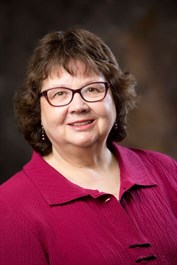 Belmore credits a $10,000 planning grant from the Community Foundation for starting the Fox Valley Memory Project on its successful path. That analysis helped the organization to develop its programs in the proper sequence, she said.
Belmore credits a $10,000 planning grant from the Community Foundation for starting the Fox Valley Memory Project on its successful path. That analysis helped the organization to develop its programs in the proper sequence, she said.
In the five years since the Rev. John McFadden and Prof. Susan McFadden launched the concept, the Memory Project has received $351,000 from 16 charitable funds within the Community Foundation, including $15,750 from the Bright Idea Fund and its Foundation-directed predecessors and $233,000 from the Basic Needs Giving Partnership, which is funded by the U.S. Venture Fund for Basic Needs from the annual U.S. Venture Open golf outing, with additional money from the J. J. Keller Foundation and other community partners.
Wisconsin Department of Administration estimates put the number of people dealing with dementia at 14,000 in 2030, nearly double the current situation.
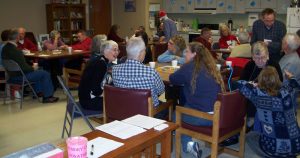 The memory cafes came early on. They provided various locations where people could gather without fear of stigma and enjoy activities such as dancing, drumming, poetry reading, storytelling and working with old photographs to trigger memories.
The memory cafes came early on. They provided various locations where people could gather without fear of stigma and enjoy activities such as dancing, drumming, poetry reading, storytelling and working with old photographs to trigger memories.
One of the goals was to cut down on the stigma attached with the diagnosis. By bringing awareness and understanding to the condition and the people it affects, the Memory Project has made that happen.
Here is some of what the Memory Project offers:
- Memory assessments to provide accurate diagnosis and care.
- Memory Cafes at nine locations, places where stigma is not an issue and activities involve both caregivers and people with memory loss in a way that sometimes makes them difficult to tell apart.
- More than 100 trained volunteers.
- A chorus that people with memory loss and their care partners can use music as a cue for memories.
- Outings three to four times a year that may involve bus trips, museum visits or theatrical performances.
- A transitions group that helps people get through the difficult step from home care to a nursing facility.
- Purple Angel training completed at 100 area businesses, including the Community Foundation, to create a more accepting workplace.
- A Memory Loss Resource Center for family education and support.
“We have been so surprised by how many businesses asked to do the training,” Belmore said. “I just think that this project has generated more interest and support than any project I’ve ever worked with.”
“It has increased the ability of the community to be a good place for people of all abilities.”
Sign up to get in The Loop.
Invite a friend to get in The Loop.
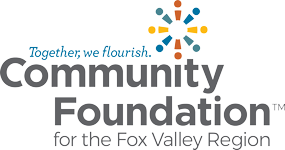
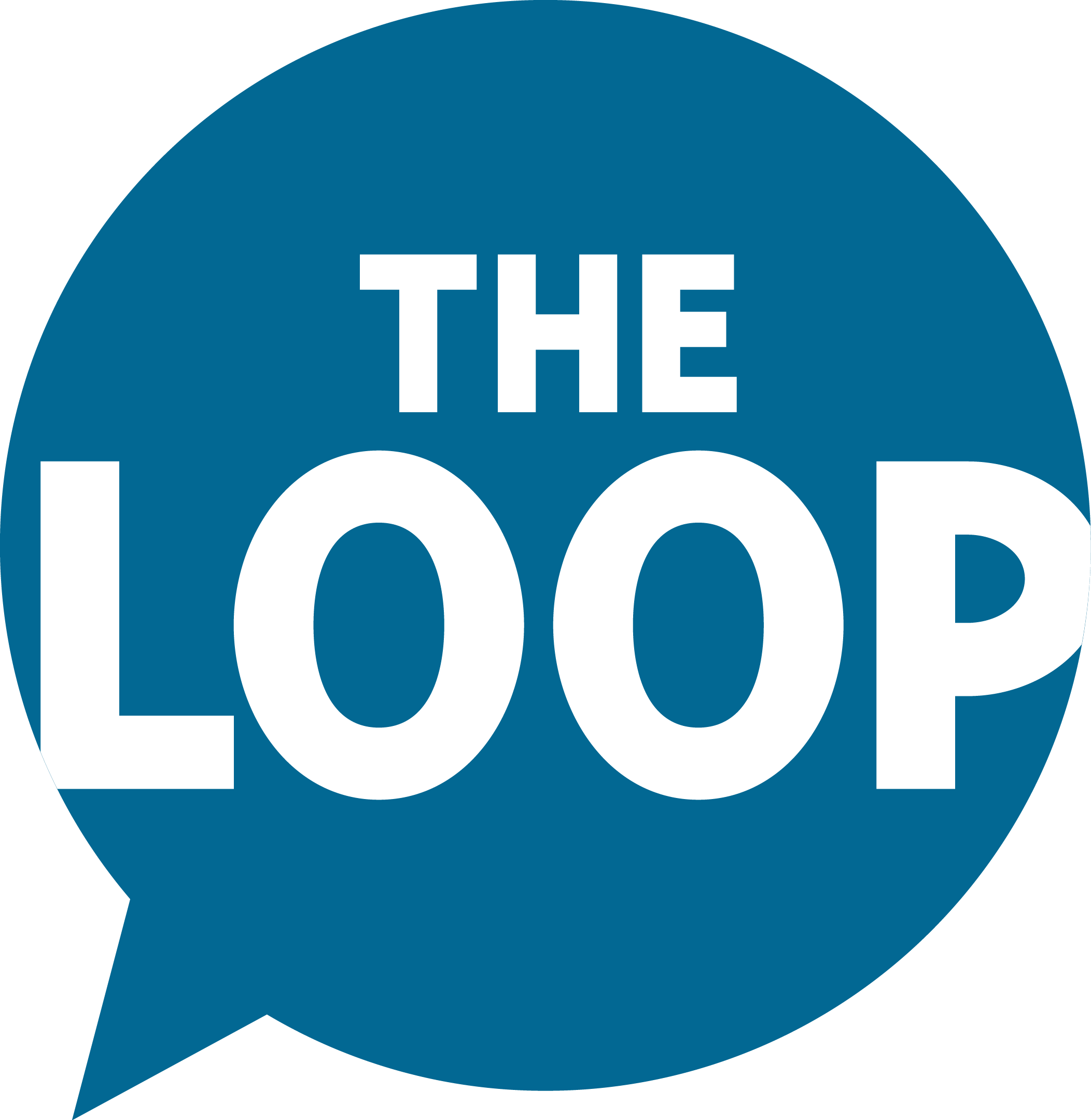
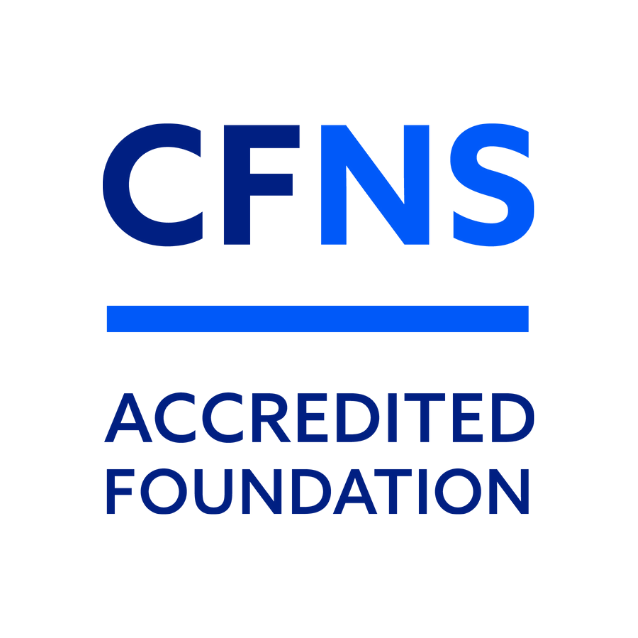
Leave a Comment